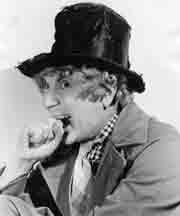 Had a very busy, typically Christmas-season kind of weekend. Hope you did too. Decorating, skating, sledding, shopping, party-going, and a glorious service of “Lessons and Carols” downtown at church, where I got to watch my progeny make use of their talents to the greater glory. I’ll admit I was a little misty-eyed at the end of the service, although that might be traced back to the hearty dinner I enjoyed of a pizza slice and a Manhattan.
Had a very busy, typically Christmas-season kind of weekend. Hope you did too. Decorating, skating, sledding, shopping, party-going, and a glorious service of “Lessons and Carols” downtown at church, where I got to watch my progeny make use of their talents to the greater glory. I’ll admit I was a little misty-eyed at the end of the service, although that might be traced back to the hearty dinner I enjoyed of a pizza slice and a Manhattan.
But more than fun and games were on the menu. With my two young nephews in the house for a sleepover, I felt the need — no, the compulsion — to raise their cultural awareness and overall quality of character. I’m like John Dewey that way. So I made them sit down and watch “A Night at the Opera.”
Oh, they were hesitant at first. They know better than to believe Uncle Jim when he tells them that something will make them better people. But once we all made it to the contract scene (“The party of the first part shall be known in this contract as the party of the first part”), they were fast within my clutches.
Just as you can tell a lot about a person if his favorite kind of movie is a Western (and I’m not being sexist there–among fans of the Western movie, I can’t think of any I’ve met who weren’t men or didn’t wish they were), you can split Marx Brothers fans into two camps depending on their favorite film.
Many people stand by “Duck Soup” as the quintessential Marx movie, and they may have a point. It’s hilarious, chaotic, acerbic. It’s reportedly most true to their vaudeville routines. It has Zeppo, but that shouldn’t be held against it (it was his last picture, and he became his brothers’ agent after that). It’s also slapdash, weirdly paced, and as a movie, frankly unsatisfying. To me, it’s the “fanboy favorite” among Marx Bros. fans, the one that lets people get on their nerd horse and pontificate about it being “pure”. (Like anyone is alive today who can compare their vaudeville routines with their pictures.)
For my money, “A Night at the Opera” is a much funnier and more enjoyable movie. Producer Irving Thalberg insisted on many changes in this picture, including a strong script, a love interest, a point in the plot when everyone’s fortunes are scraping bottom, and identifiable villains for the boys to attack. Purists may scoff at its slickness, but it made a lot of money, and Groucho himself told Dick Cavett on his show that it, along with “A Day at the Races”, were the best movies they’d ever made. When you think about it, if Thalberg hadn’t made his pitch to Chico at a bridge game about the movie, their film careers may have become even more spotty, or ceased altogether. The world might have had only five Marx Brothers movies–pure or not–if “A Night at the Opera” hadn’t been made, but instead we have 13, of varying quality but fun nevertheless. In the worst case scenario, they might have faded into obscurity like the Ritz Brothers or Weber & Fields, and never made it to the 1950s and television.
I like nothing better than wallowing in an old B&W movie (if Turner Classic Movies wasn’t offered by my cable company, I’d be bitching a lot more every month when paying the bill), and this is one of the best. And for better and worse, it exposed me to opera, though I still yearn for someone to lean over from the balcony and growl “Boogie, boogie, boogie” during “Il Travatore”. Otto and Henk, as well as my own kids, wallowed with me. And for the months ahead, our conversations will be peppered with phrases like “And two hard-boiled eggs”, “He’s got insomnia, he’s trying to sleep it off” and “Well, watermelons are out of season.” And I will feel good about the future of our country.
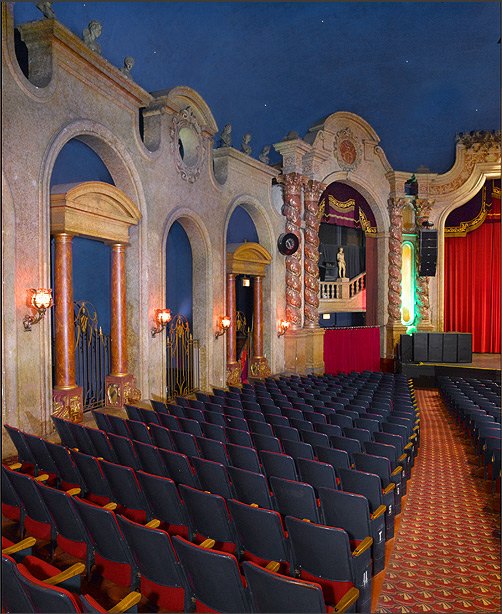 Going to the movies isn’t an event anymore. With Netflix and streaming videos, and smartphones playing movies, people can barely drag themselves out of their mancaves to enjoy the cinematic arts. But it’s gratifying to see a place like the Copernicus Center operating, because it gives a glimpse into a bygone era.
Going to the movies isn’t an event anymore. With Netflix and streaming videos, and smartphones playing movies, people can barely drag themselves out of their mancaves to enjoy the cinematic arts. But it’s gratifying to see a place like the Copernicus Center operating, because it gives a glimpse into a bygone era. 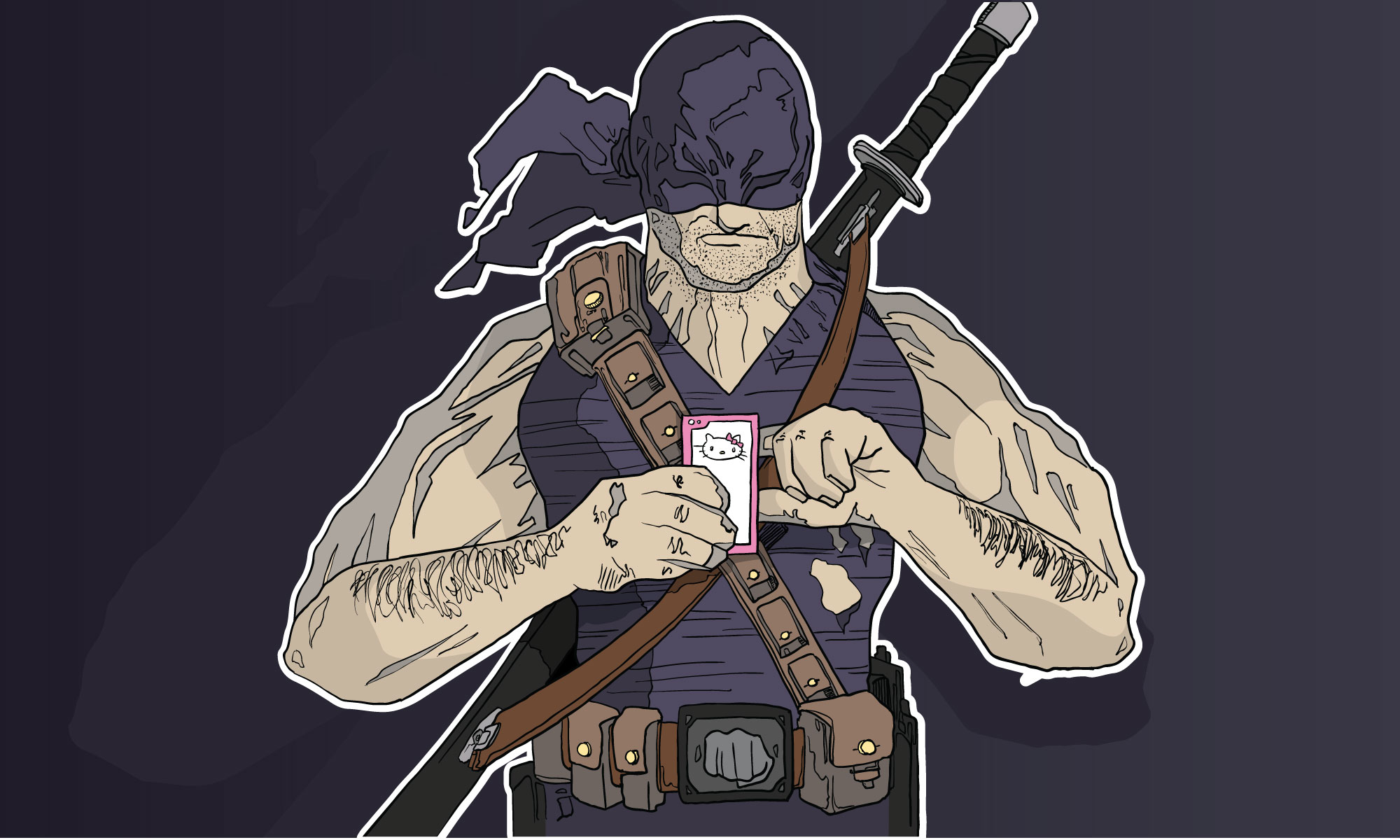

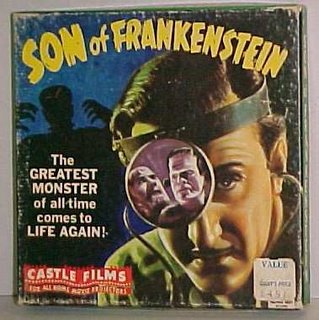 Last Saturday night, I settled in to watch a very old-school horror movie, all by myself. “Son of Frankenstein” is not fancy in its storytelling, or even very coherent. Somehow the monster had been struck by lightning and fell into a coma, yet while in that coma Igor had sent the monster off to murder the burgomeisters who’d condemned him to the gallows. Now the son of the original doctor revives the monster, filled with excitement yet horrified by what he’s done. The police chief, who’s arm had been wrenched out of his body as a child by the monster, suspects the doctor but protects him from the mob. In the end, in a presaging of the end of “Terminator 2”, the monster is pushed into an 800-degree liquid sulphur pit and burned alive.
Last Saturday night, I settled in to watch a very old-school horror movie, all by myself. “Son of Frankenstein” is not fancy in its storytelling, or even very coherent. Somehow the monster had been struck by lightning and fell into a coma, yet while in that coma Igor had sent the monster off to murder the burgomeisters who’d condemned him to the gallows. Now the son of the original doctor revives the monster, filled with excitement yet horrified by what he’s done. The police chief, who’s arm had been wrenched out of his body as a child by the monster, suspects the doctor but protects him from the mob. In the end, in a presaging of the end of “Terminator 2”, the monster is pushed into an 800-degree liquid sulphur pit and burned alive.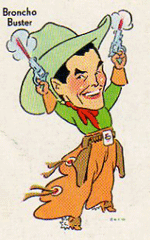 The summer movie season relies heavily on fights, crashes and explosions. And sometimes those on the screen are more interesting than the ones in the box office rankings. But only by a little. I think there should be a name for the summer schadenfreude I feel when a big budget movie, starring vegetable-brained celebrities, written by desperate masochistic scribblers, directed by bombastic tinpot dictators, and marketed and distributed by human leeches, goes up in flames at the cineplex. Maybe it’s because I’m a writer and feel the script is the most important part of a movie, but when a $150 million project tanks, I feel as cozy warm as Winnie-the-Pooh.
The summer movie season relies heavily on fights, crashes and explosions. And sometimes those on the screen are more interesting than the ones in the box office rankings. But only by a little. I think there should be a name for the summer schadenfreude I feel when a big budget movie, starring vegetable-brained celebrities, written by desperate masochistic scribblers, directed by bombastic tinpot dictators, and marketed and distributed by human leeches, goes up in flames at the cineplex. Maybe it’s because I’m a writer and feel the script is the most important part of a movie, but when a $150 million project tanks, I feel as cozy warm as Winnie-the-Pooh. This household has been socked with a one-two punch of chest colds and winter ennui, so last night, the kids watched “The Secret Life of Walter Mitty” eating carry-out Thai, and after they went to bed, my ever-lovin’ wife and I watched the Oscars. We were aided by the TIVO, of course, which let us fast-forward through all the musical numbers and the long walks to the microphone (which surprisingly add 19 minutes to the whole broadcast).
This household has been socked with a one-two punch of chest colds and winter ennui, so last night, the kids watched “The Secret Life of Walter Mitty” eating carry-out Thai, and after they went to bed, my ever-lovin’ wife and I watched the Oscars. We were aided by the TIVO, of course, which let us fast-forward through all the musical numbers and the long walks to the microphone (which surprisingly add 19 minutes to the whole broadcast). 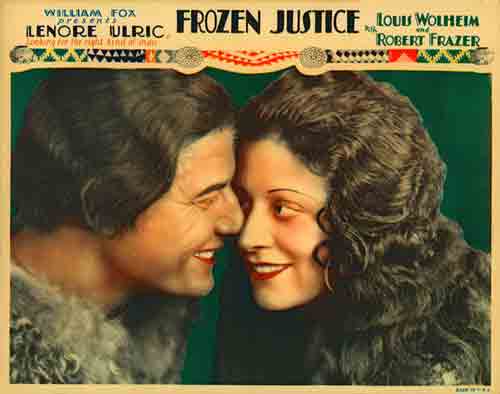
 Had a very busy, typically Christmas-season kind of weekend. Hope you did too. Decorating, skating, sledding, shopping, party-going, and a glorious service of “Lessons and Carols” downtown at church, where I got to watch my progeny make use of their talents to the greater glory. I’ll admit I was a little misty-eyed at the end of the service, although that might be traced back to the hearty dinner I enjoyed of a pizza slice and a Manhattan.
Had a very busy, typically Christmas-season kind of weekend. Hope you did too. Decorating, skating, sledding, shopping, party-going, and a glorious service of “Lessons and Carols” downtown at church, where I got to watch my progeny make use of their talents to the greater glory. I’ll admit I was a little misty-eyed at the end of the service, although that might be traced back to the hearty dinner I enjoyed of a pizza slice and a Manhattan.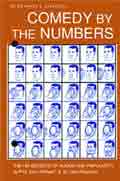
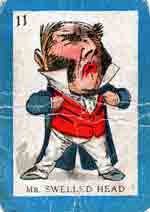 You know how sometimes you go to a movie with someone who has a certain occupational specialty, and that person cannot enjoy the movie because of the huge gaffes spotted by his trained eye? The worst situation is going to a scifi flick with an engineer, who will happily show off his knowledge by telling you (and everyone within earshot) that X couldn’t have happened because it violated the scientific principles of Y and Z, and besides, the torque and stress on the lateral support couldn’t blah blah blah. This can happen when you bring a lawyer, a doctor, or even a fishmonger to the movies.
You know how sometimes you go to a movie with someone who has a certain occupational specialty, and that person cannot enjoy the movie because of the huge gaffes spotted by his trained eye? The worst situation is going to a scifi flick with an engineer, who will happily show off his knowledge by telling you (and everyone within earshot) that X couldn’t have happened because it violated the scientific principles of Y and Z, and besides, the torque and stress on the lateral support couldn’t blah blah blah. This can happen when you bring a lawyer, a doctor, or even a fishmonger to the movies.